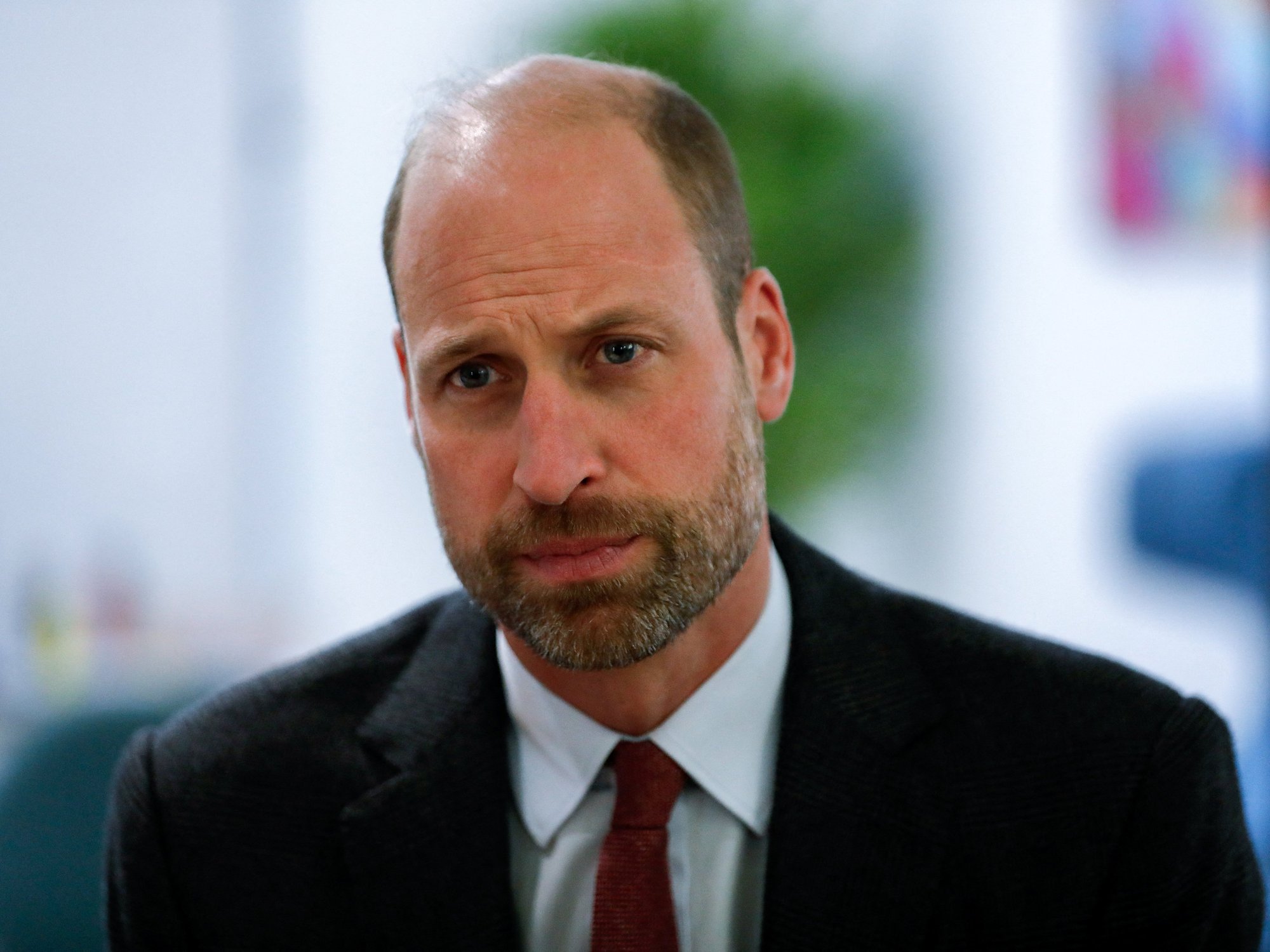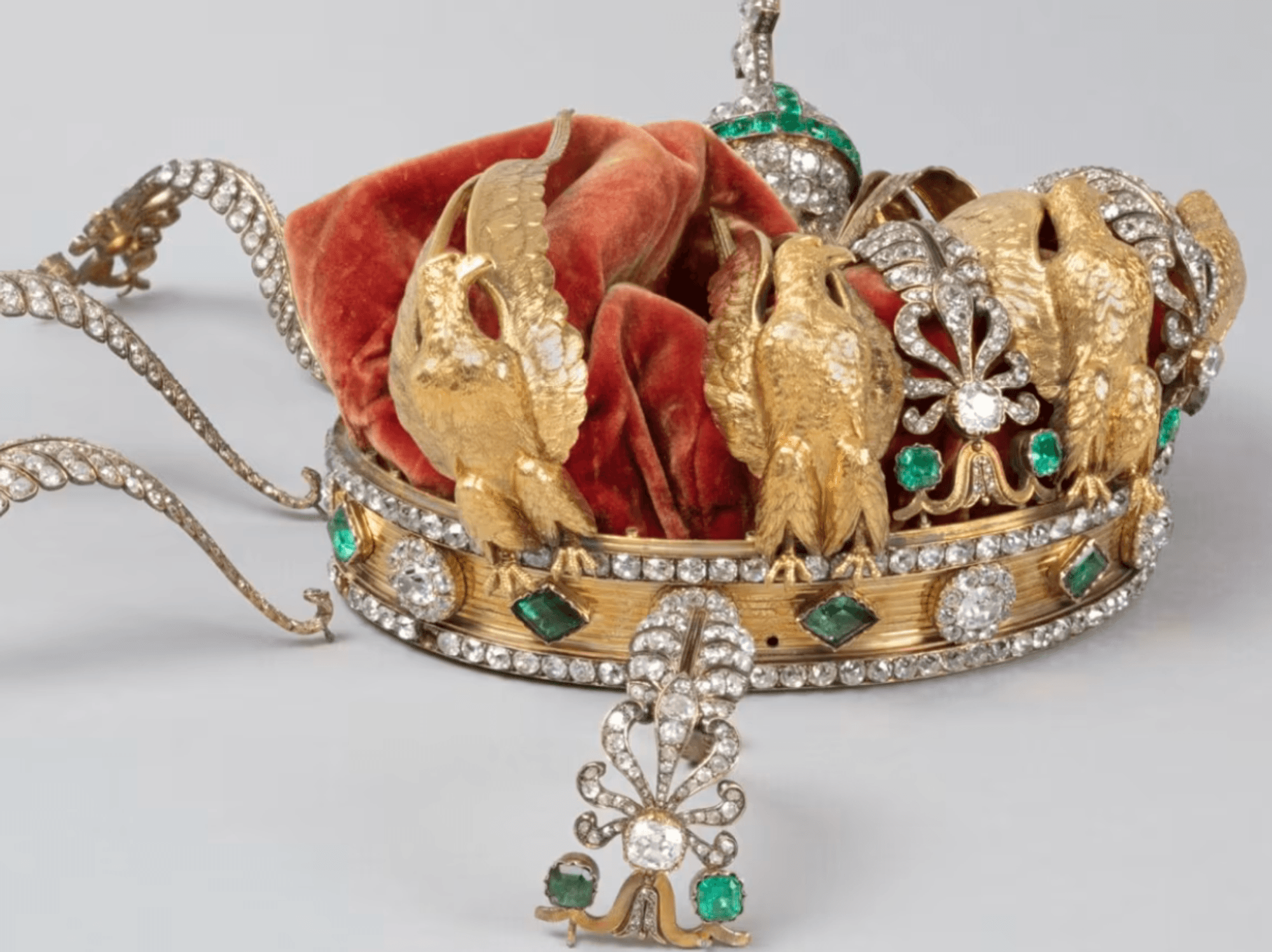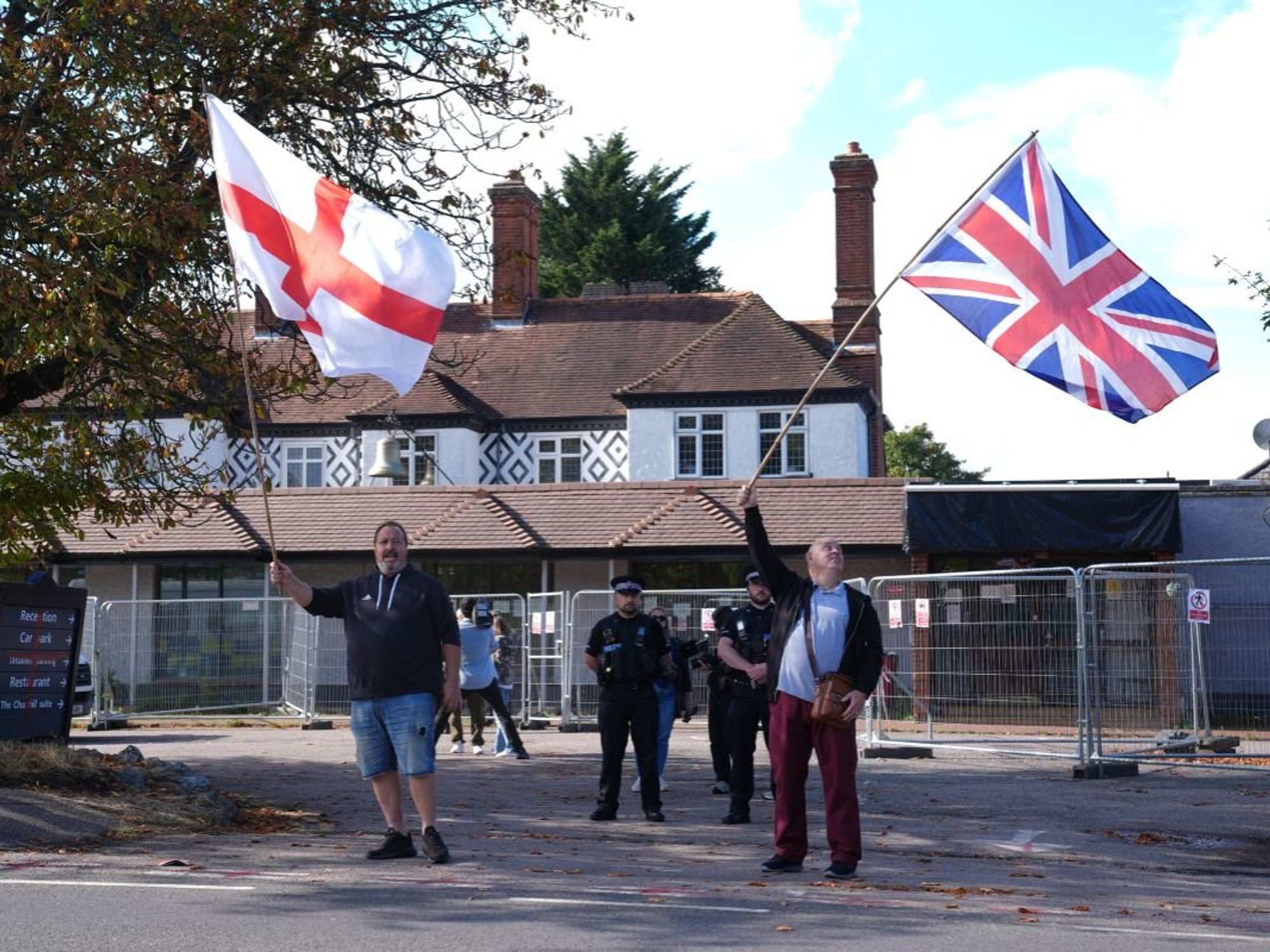EXPOSED: How the ‘shadow system’ of Sharia law courts undermines British justice
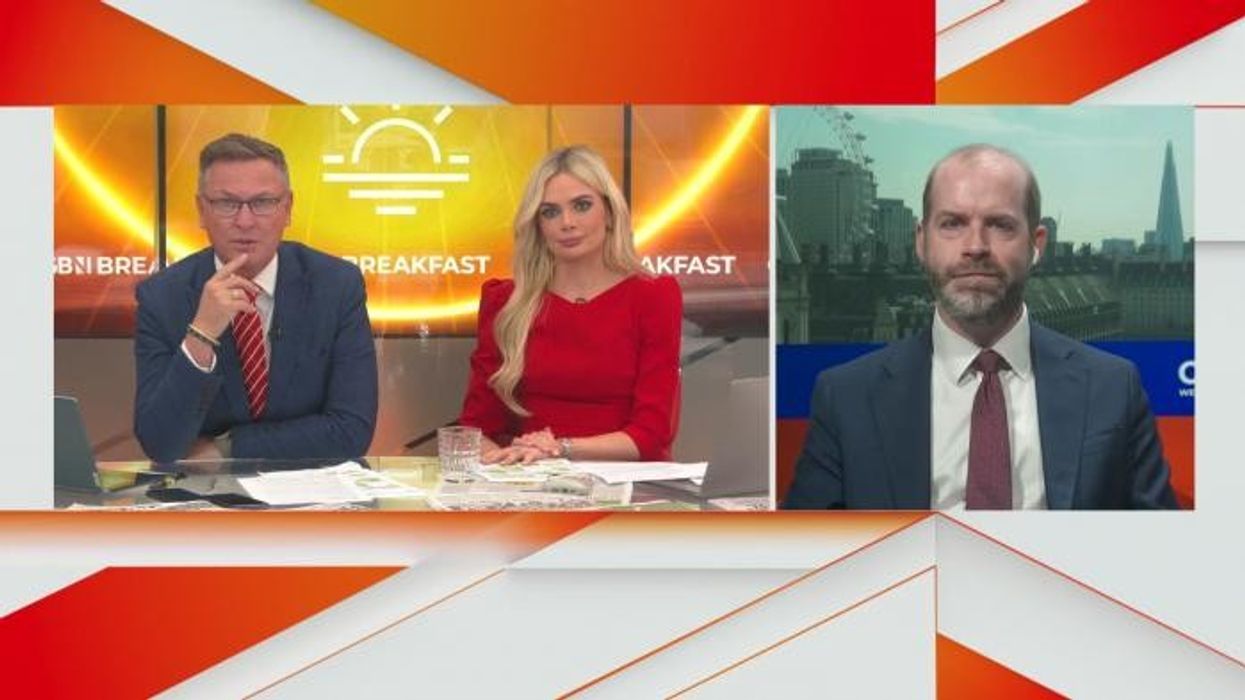
Labour MP Jonathan Reynolds 'concerned' about Sharia Law advertisement |
GB NEWS
There are an estimated 85 Sharia courts in the UK
Don't Miss
Most Read
Trending on GB News
Concerns have mounted that Sharia councils pose a fundamental threat to British values, as their numbers have steadily grown across the UK since the first was established in 1982.
A Department for Work and Pensions job advert for a Sharia Law Administrator triggered fury from Nigel Farage and drew fresh attention to the growing network of Sharia courts operating across Britain.
Over recent decades these bodies have quietly taken root, presenting themselves as community dispute resolution forums.
It is estimated that 85 Sharia law courts now exist across the country, which are mostly used for divorces when Muslim women want a "Talaq" certificate, allowing them to remarry under Islamic law.
By bypassing the authority of UK law and imposing their own rules, Sharia councils are accused of undermining the principles of equality and fairness at the heart of British justice.
Critics such as the deputy leader of Reform UK, Richard Tice, have called Sharia courts a "shadow parallel legal system", which undermines liberal principles and is a serious threat to British values.
Supporters argue that they are just a mediation and religious guidance service working within British law and are no different from other civil mediation bodies, including Catholic tribunals and the Beth Din rabbinical courts used by Orthodox Jews.
Others say the fact that, unlike the Beth Din courts used in Jewish communities, the vast majority of Britain's Sharia councils are not signed up to the Arbitration Act of 1996.
This means there is little oversight about how they operate or recourse for when things go wrong.
LATEST DEVELOPMENTS
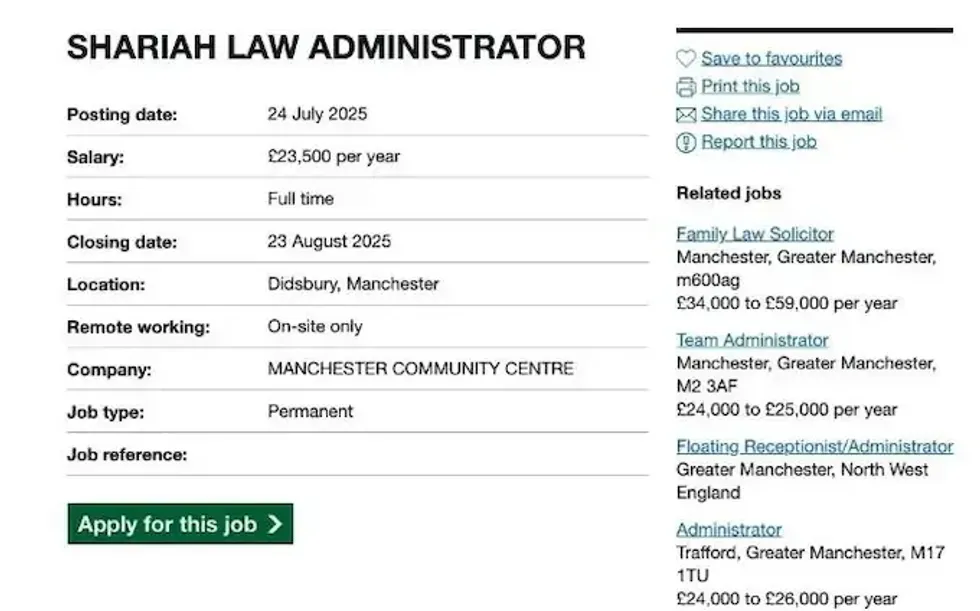
The job listening on the Department for Work and Pensions' careers board offered £23,500 per year for a Sharia Law Administrator
|GOV.UK
Iranian-born human rights campaigner Maryam Namazie from the One Law for All campaign said: "The problem with Sharia or any religious court is that it relies on laws perceived as divine, which cannot be challenged or questioned."
Not only did the number of Sharia courts spark controversy, but also the posting for a Sharia Law Administrator on the Department for Work and Pensions' careers board.
Reform UK leader Nigel Farage said the job listing showed "our country and its values are being destroyed".
The listing offered £23,500 per year and said any potential candidates should have previous experience in "Shariah law-related fields and/or Shariah courts in Muslim countries," alongside expertise in British law.
Shadow Justice Secretary, Robert Jenrick, said: "As I've said before, Sharia courts should be banned.
"The only laws are the laws of England and Wales, Scotland and Northern Ireland. It's as simple as that."
Submissions to a 2018 Home Office report on the Muslim courts included testimony from women who said Imams tried to force them to return to their husbands in cases of serious domestic violence.
One woman, known as Maryam, said Imamas repeatedly phoned her to persuade her to meet a husband who had violently abused and sexually assaulted her.
She said: "These Imams just don't listen - they try and force you back to your husband no matter what, and feel they have the right to disturb your life."
Another woman, Ayesha, said a Sharia council repeatedly refused to let her divorce her husband, even after he attacked her while she was pregnant and tried to throw her daughter out the window.
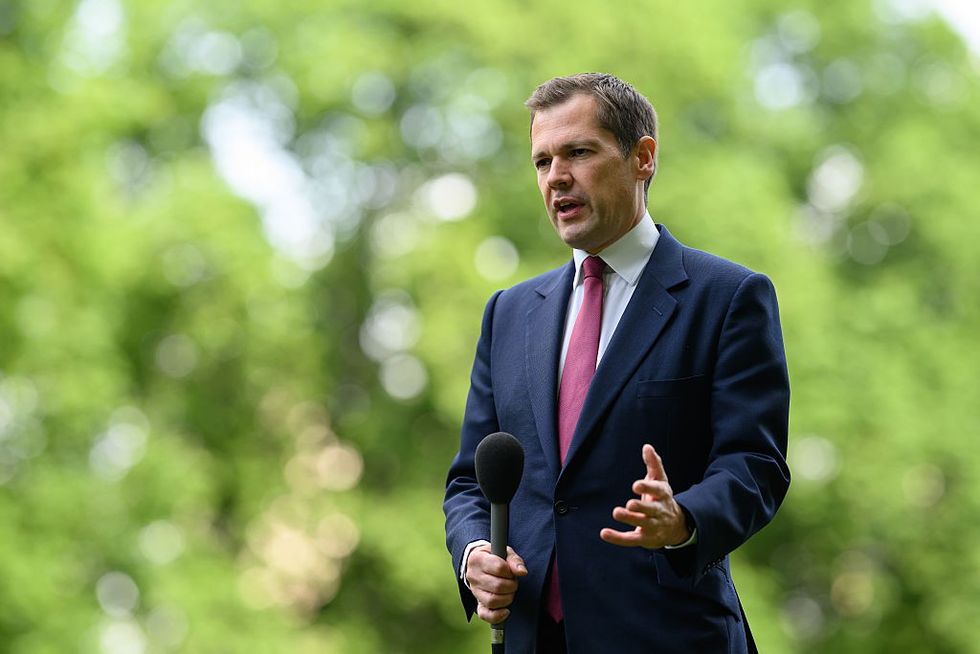
Shadow Justice Secretary Robert Jenrick called for Sharia courts to be banned
| GETTYChairman of Southall Black Sisters, Rahila Gupta told The Telegraph: "We have consistently campaigned against the entrenchment of parallel religious law, be they sharia courts, Beth Dins or Sikh courts - especially in matters of family law - because their judgments reveal a patriarchal bias against women's rights and freedoms.
"Many women face humiliating, dangerous and discriminatory treatment at the hands of Sharia bodies."
Shadow Home Secretary Chris Philp believes the state should have stepped in to regulate the courts.
Mr Philp said: "We need this sector to be urgently regulated properly so that vulnerable women and girls are not discriminated against.
"We must ultimately have only one law in this country - the one passed by our democratically elected Parliament."
More From GB News






